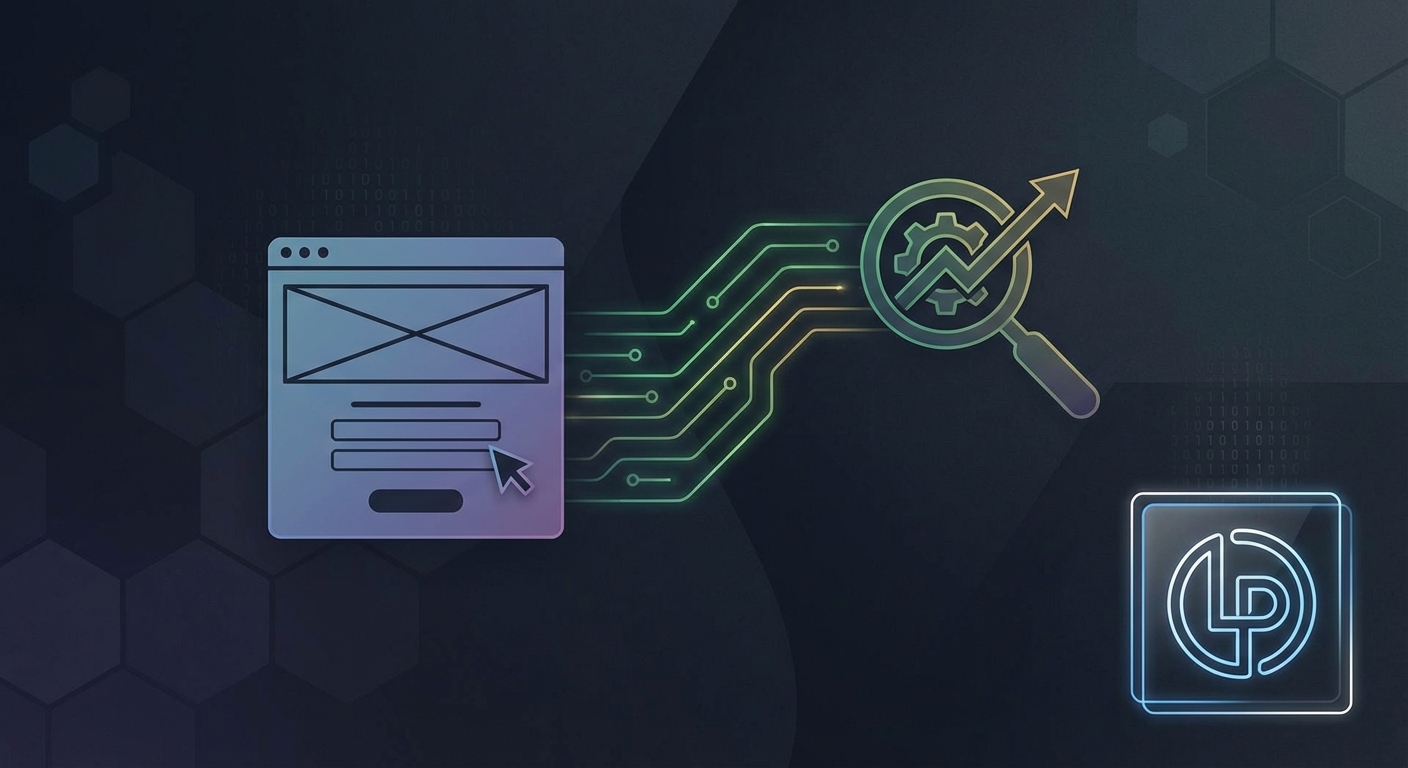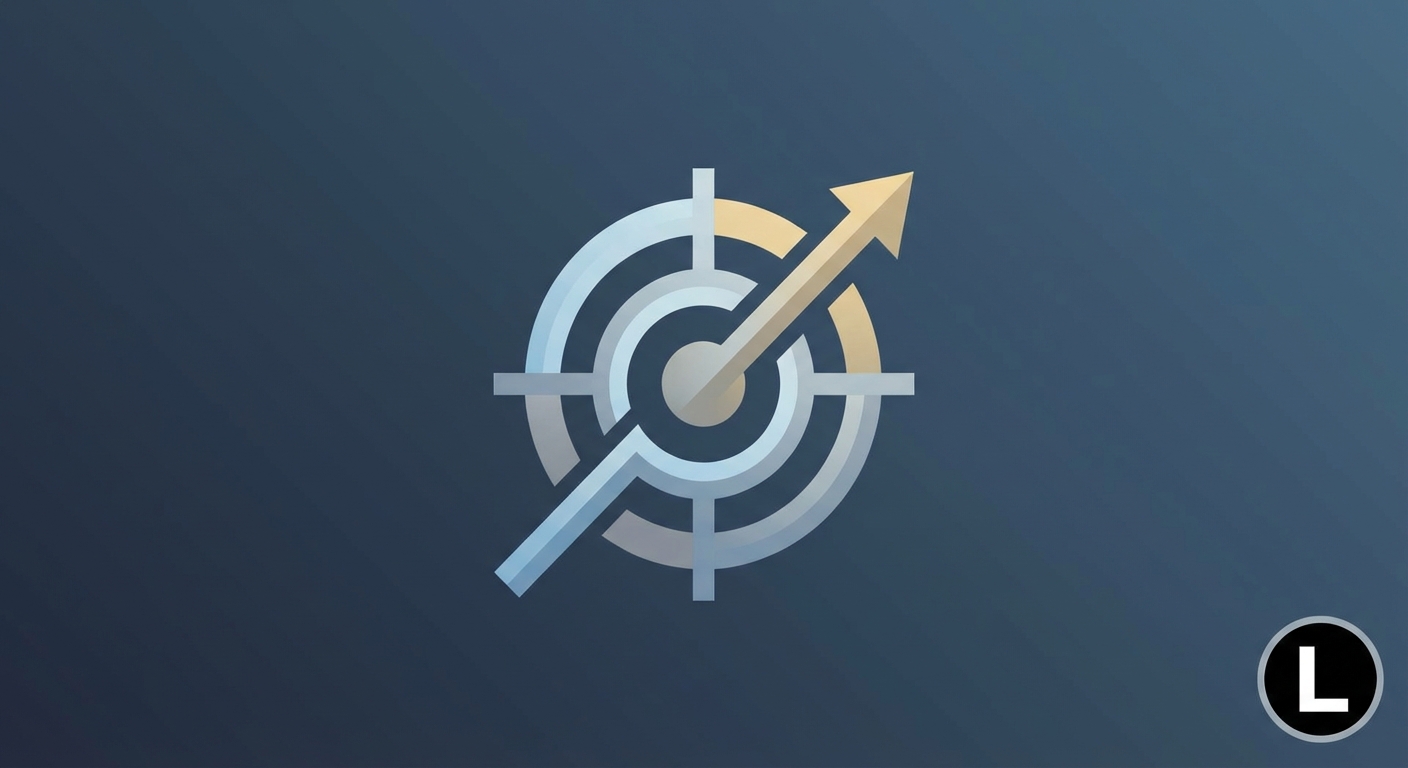Optimizing SEO for Generative AI Technologies
TL;DR
- This article dives into how generative ai is changing SEO. It covers strategies for optimizing content to rank higher in generative ai search results, focusing on things like contextual relevance, structured data, and eat. Plus, it touches on website performance, security, and accessibility to provide a comprehensive guide for web developers.
Understanding Generative AI and Its Impact on SEO
Generative ai is kinda blowing up, right? It feels like overnight ai tools are everywhere. But how is this shift impacting something as established as seo?
Well, for starters:
- It is changing how people search, shifting from keyword stuffing to asking questions in plain english.
- This means, relevance matters more than ever. Like, if you're a healthcare provider, you can't just list symptoms; you gotta answer what anxious patients are actually asking.
- eeat, which stands for experience, expertise, authoritativeness, and trustworthiness, is now critical. (What Is E-E-A-T and Why Is It Important for SEO?) Google's gonna favor content it trusts can answer people's Qs. (Can I trust an answer from Google? - Quora)
It's not just about ranking; it's about being the answer.
Ready to dive deeper into how to make your site the ai's pick? Let's move on to how ai is changing seo.
Content Optimization Strategies for Generative AI
Okay, so you're probably wondering how to make your content ai-friendly, right? It's not just about throwing keywords around, honestly. It's way more nuanced than that these days.
Here's the deal:
- Focus on answering the whole dang question. Don't just skim the surface. If someone's asking about "dog breeds good with kids," really dive into it. List breeds, explain their temperaments, and even throw in tips for training.
- Write like a human, not a robot. Forget that stiff, formal tone. Use natural language, subheadings, and even a bit of humor. Think how you'd explain it to a friend over coffee.
- Cover the topic holistically. Like, seriously everything. Subheadings, definitions, examples – the works. If you're writing about "cloud computing," explain what it is, the different types, and why it matters to businesses.
For example, if you're running a finance blog and want to make it pop for ai:
Instead of just listing "investment options," create in-depth guides on each, answering every possible question a newbie investor might have. That mean, include things like "What are the risks?" "How do i get started" and "what are the tax implications?"
It's all about being the most comprehensive and human-sounding resource out there. Now, ready to tackle those specific intent-driven questions?
Technical SEO Considerations for AI
Okay, so technical seo for ai, huh? It's kinda like making sure your website speaks the same language as the ai systems. It's more important now than ever – ai is only gonna get more integrated, right?
Here's what you gotta think about:
Website Performance Optimization: Gotta be fast. Ain't nobody got time for slow loading pages, especially not ai. Optimize those images, leverage browser caching, and maybe think about a cdn.
Mobile Responsiveness: Most people are on their phones, so your site needs to look good and work well on mobile. Plus, google uses mobile-first indexing, so you need a seamless experience across devices.
Website Security (HTTPS): If you're not using https, you're basically screaming "I don't care about user data!" Get that ssl certificate and avoid all those security vulnerabilities.
Technical seo is the foundation for everything else. While content is king, the underlying technical structure is also crucial for ai to access and understand it. Up next, I'll give you more tips on how to use ai for seo.
Accessibility Best Practices for AI-Driven Search
Accessibility in ai? Yeah, it matters way more than you might think at first glance.
- Alt text is a must. If an ai's pulling image info, users with screen readers need that same context.
- Captions for videos are crucial. YouTube videos are indexed by ai using their transcripts and captions, so make sure everyone can understand its content.
- Keyboard navigation is non-negotiable. Make the site usable without a mouse.
Next up... how to actually use ai for seo.
Free Online Tools for Web Analysis and SEO
Web analysis and seo tools are essential for understanding how your website performs and identifying areas for improvement. They help you track your site's health, identify technical issues, and gauge your visibility in search results.
PingUtil has a free seo analysis tool that's pretty helpful. It gives you insights on what's working and, uh, what's not.
Security scans with pingutil's scanner can spot vulnerabilities before they become a real problem.
Speed tests tell you if your site's loading fast enough. Honestly, if it isn't, people just bounce, y'know?
Audits for mobile responsiveness and accessibility are also essential; can't forget about that.
Ready to move onto google's tools?
Monitoring and Adapting to AI-Powered Search
Okay, so, the ai revolution is here, and it's changing how we do seo, right? But how do we, uh, keep up? It's not a one-time fix; it's more like a constant state of monitoring and adapting.
Here's the gist:
Track those ai citations and impressions. Google Search Console and bing webmaster tools are your friends here, honestly. See how ai-powered search actually impacts your traffic. If ai is pulling from your content, you wanna know.
Monitor your traffic like a hawk. Keep an eye on those metrics. If you see a sudden dip after a google update, it might be time to tweak your approach. If you're a healthcare provider, are people still finding your symptom checker?
Stay updated with ai news. Keep tabs on google and microsoft. What are they cooking up next? For more on this, check out the article "Optimization for Generative AI Search: The Future of SEO" on LinkedIn. (Optimization for Generative AI Search: The Future of SEO) notes that new metrics might pop up to track ai citations.
Experiment. Seriously, mess around! Try out those new ai features and technologies. See what sticks. If you're running a retail site, could ai help personalize product descriptions?
So, yeah, buckle up. It's gonna be a wild ride, but staying informed and adaptable is the key.





